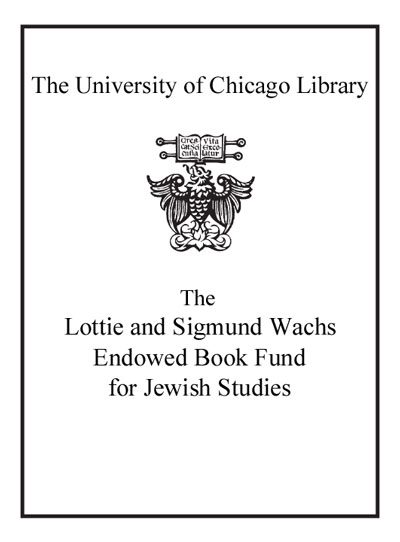Review by Choice Review
When there are no longer living survivors of the Holocaust, will writers, filmmakers, and artists treat that event differently than they did when survivors were still alive? This is the question Lothe (Univ. of Oslo, Norway), Suleiman (Harvard), and Phelan (Ohio State Univ.) address in this excellent book. Their message is that since taboos of the past concerning presentation of the "unspeakable" have in fact so often been broken, there is no reason to believe that there will be any taboos at all in the future. Only the ethical imperative to respect the subject will remain. The renowned Holocaust scholars who contribute to this volume analyze works in Hungarian (Imre Kertesz's Fatelessness), German (Jewish German writers and W.G. Sebald's Austerlitz), French (Jonathan Littell's Les Bienveillantes), English (Martin Amis's Time's Arrow), Norwegian (Espen Srbye's Kathe, alltid v^Daert i Norge), Arabic (Ghassan Kanafani's "Returning to Haifa"), and Hebrew (the story of the sacrifice of Isaac). In addition the essays treat controversial works that approach the Holocaust from the perspective of the perpetrator, analyze face-to-face encounters of perpetrators and victims, explore the difference in contemporary attitudes to war crimes in Japan and Germany, and describe stories of return. Summing Up: Recommended. Lower-division undergraduates through faculty; general readers. R. C. Conard University of Dayton
Copyright American Library Association, used with permission.
Review by Choice Review

